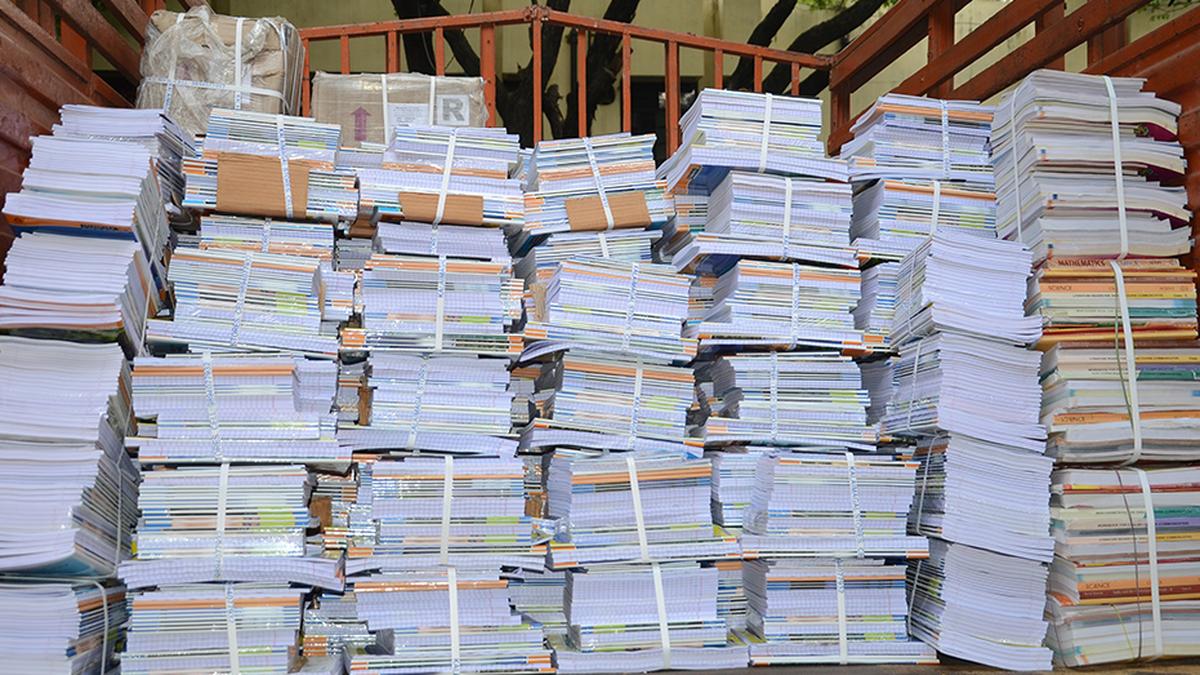Now Reading: NCERT Textbook Highlights Colonial Exploitation of India’s Wealth
-
01
NCERT Textbook Highlights Colonial Exploitation of India’s Wealth
NCERT Textbook Highlights Colonial Exploitation of India’s Wealth

Speedy Summary
- New NCERT Class 8 Textbook: Introduced for the academic year 2025-26. The book, Exploring Society: India and Beyond, explores colonial rule in India, emphasizing the wealth drainage caused by European powers.
- Colonial Exploitation:
– the Industrial Revolution in Britain is linked to “stolen wealth from India,” a term attributed to U.S. historian Will Durant.
– Economic exploitation included taxes and Indians financing British railways, telegraph networks, wars, and more.
– Economist Utsa Patnaik estimates $45 trillion USD was extracted from India between 1765-1938-13 times Britain’s GDP in 2023.
- Impact on Education & Systems:
– Indigenous education systems like padashalas, madrasas where replaced by centralized British policies centered on English education aimed at creating a class favoring colonial interests.
– This sidelined traditional knowledge and divided society into English-speaking elites versus masses disconnected from their heritage.
- Colonization Effects: Included Christianization motivations; destruction of industries; dismantling governance systems; cultural impositions; religious persecutions (e.g., Portuguese actions like bombing Calicut).
- Maratha empire Highlighted:
– A new chapter now focuses solely on the Marathas’ rise as a powerful political entity altering India’s history. Shivaji’s exploits are praised as revolutionary while contrasting with mughal rulers portrayed as “brutal.”
– Highlights Ahilyabai Holkar’s restoration of temples across India.
Indian Opinion Analysis
The revamped NCERT textbook appears aimed at offering students an expanded understanding of India’s colonial experiences through diverse lenses-economic exploitation,cultural impacts,educational shifts-and fostering critical thinking among younger generations about historical narratives long seen through limited perspectives. By including detailed analyses of wealth extraction during colonization backed by credible sources like economists and historians while addressing societal implications such as education system erosion or governance alienation under foreign influence, the effort signifies an intent to broaden scholarly assessment rather than perpetuate partisan sentiments.
While highlighting key figures like Shivaji or Ahilyabai Holkar serves to integrate regional histories into mainstream discourse effectively-it may also call attention to balancing portrayals for avoiding oversimplification when weighing nuanced legacies between different ruling entities such efforts commendably celebrate both diversity but sensibly require not straying beyond factual neutrality.–Read more























